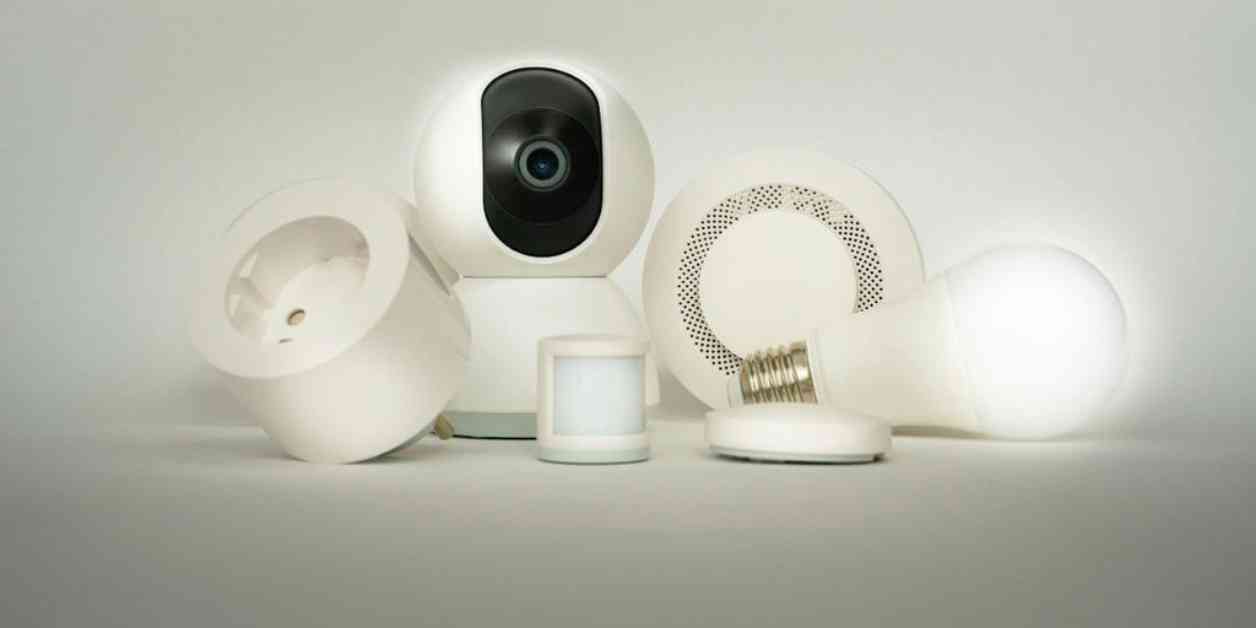Smart Home Cameras: Are They Spying on You?
A recent study conducted by Surfshark has shed light on the alarming data collection practices of smart home cameras, particularly outdoor security camera apps. These devices, which have become an essential part of modern homes, are not only monitoring your surroundings but also gathering a significant amount of personal information without your knowledge.
Outdoor security camera apps are identified as some of the worst offenders, collecting an average of 12 data points per user. This information includes sensitive details like email addresses, phone numbers, payment information, and even your precise location. What’s concerning is that these apps often link up to seven of these data points directly to your identity, creating a potential privacy nightmare.
Indoor security camera apps, while slightly less invasive, still raise red flags by collecting an average of nine data points per user. Commonly gathered data includes email addresses, phone numbers, user IDs, device IDs, purchase histories, and even audio data. While this data can enhance user experience, it also heightens the risk of privacy violations.
Which Apps are the Worst Offenders?
Among the outdoor security camera apps, Deep Sentinel and Lorex stand out by collecting 18 out of a possible 32 data points. For indoor cameras, Nest Labs leads the pack with 17 data points, closely followed by Ring and Arlo with 15 data points each. The lack of regulations and standards for smart home devices leaves users vulnerable to data breaches, cyberattacks, and potential physical harm.
Ways to Protect Yourself and Stay Safe
To safeguard your privacy and minimize the risks associated with smart home cameras, consider implementing the following tips:
1. Limit data sharing: Look for apps that allow you to control what data is shared and disable unnecessary data collection features.
2. Regularly review and update privacy settings: Stay informed about changes in privacy settings and disable features that aren’t essential.
3. Use strong passwords and enable two-factor authentication (2FA) for added security.
4. Be mindful of camera placement to minimize the capture of sensitive data.
5. Consider using local storage options instead of cloud services for enhanced data security.
6. Utilize a VPN to encrypt your internet connection and protect data transmitted from your devices.
7. Regularly review privacy policies to stay informed about data collection practices.
8. Consider home security systems with enhanced physical security features and adjust settings to limit data collection.
9. Stay informed and proactive in managing your device settings to reduce privacy risks associated with smart home systems.
In a world where technology is advancing rapidly, it’s crucial to be vigilant about the data collected by your smart home devices. By taking proactive steps to protect your privacy, you can minimize the risks of unauthorized data collection and potential privacy violations.
Stay safe, stay informed, and remember to prioritize your privacy in the age of smart home technology.





















